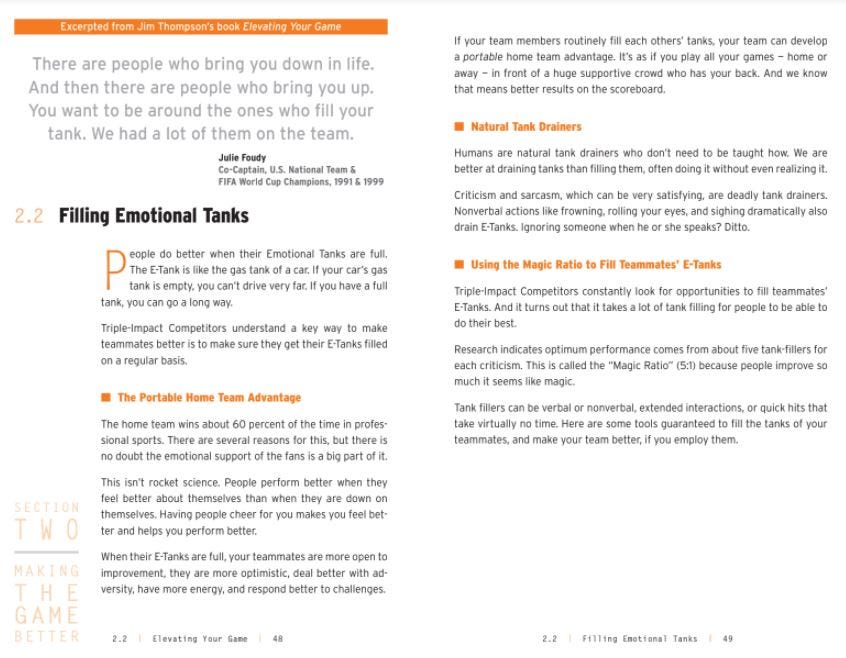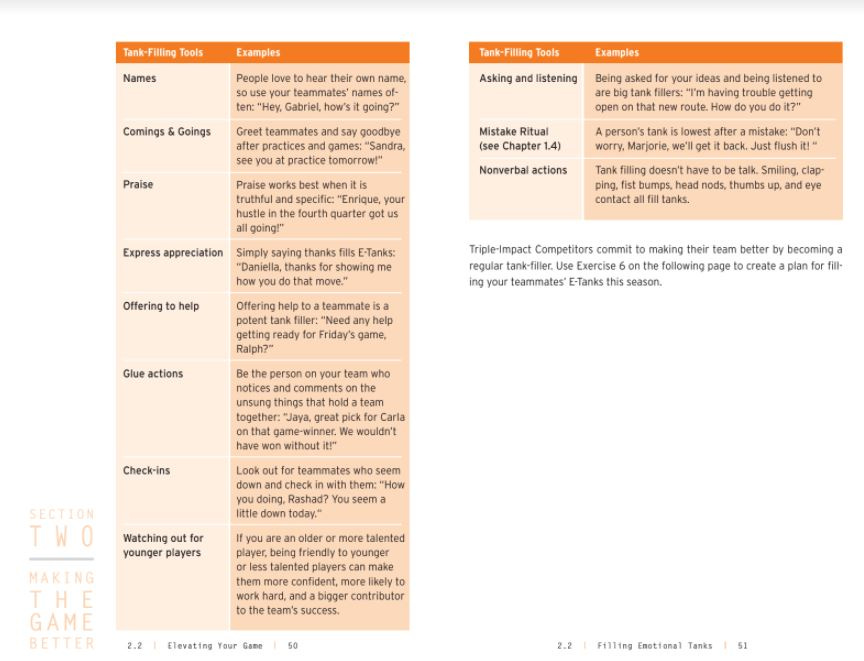I have been a strong believer in the power of mental toughness for well over a decade as a coach. I read a lot, watched a lot and learned a lot about sports psychology. However, none of that really paid off until I realised that it wasn’t really integrated into the way I was coaching. Integrating mental training directly into my practices has made a huge difference, and I’m sharing some of those techniques here.
Techniques for how to build mental strength
There are so many great resources available for learning how your brain works and techniques to help you manage stress and perform better under pressure. I’m not going to go through all that in this post because it’s covered so well and comprehensively elsewhere.
Anything Tiina Booth writes for Ultiworld, I particularly enjoyed this podcast
Soccer Tough (best practical advice)
The Chimp Paradox (completely mind blowing to me at the time)
How to Breathe Better (Fiona Mernagh’s explanation of breathing techniques which can help keep you calm during stressful moments)
Golf is Not a Game of Perfect (really excellent primer on good thought patterns and goals)
Mind Gym (I actually didn’t vibe with this personally but loads of athletes I have worked with love it and got a lot from it)
Recommended TED talks by Sarah Melvin:
(Sarah also highly recommends The Chimp Paradox)
All of these resources do a great job explaining different techniques to improve your mental strength. However - the key word there is technique. You need your players to develop mental toughness skills.
Skill is technique applied in context. In order words, being able to apply the technique in a game situation.
Where mental training falls short for players is that it isn't practiced as a skill. Techniques are learned and we hope they transfer across to a game.
Where coaches go wrong is they separate the tactical, technical, physical & mental sides of development. They are inextricably linked. Mental training has to be done in context. In the same way you can’t become a better thrower purely by understanding the theory behind it and practicing it in a safe and separate environment, you can’t become mentally stronger by reading books and having discussions about it.
Mental Training
Toughness is a learnable skill. It can be manufactured and nourished on the training pitch. It can be reinforced on a daily basis. It can be nurtured and improved on match day. (Dan Abrahams, Soccer Brain)
In order to become a mentally tough team you need to train in a way that supports and develops that. Here are some key techniques that I use as a coach. The key idea behind all these is to create performance stress and learn how to deal with it.
Playing Games
This is the simplest but that doesn’t mean teams do a good job. Drills are too divorced from the reality of a game to develop mental toughness. Drills can, undoubtedly, be stressful. But it’s not the same as stress in a game situation. If you’re not playing games, you aren’t going to improve.
One Possession Games
Love one possession games for so many reasons as a coach. Generally for me I run these as one team receives a pull 5x in a row and either only the offence gets a chance to score, or both teams get a chance to score.
From a mental performance perspective this creates a really tough environment. Both teams can lose. Both teams do lose, more often than they win. In order to win you have to get things right first time. In an actual competition, where you don’t have to be perfect - this is much easier than what we do at training.
Modified Games
I use modified games to teach different tactical or technical concepts but a lot of them are also geared toward our mental approach. Really - it’s almost impossible to separate out tactical and mental training. If your team isn’t in the right frame of mind they won’t execute well.
These are example of the type of modified games I would use:
Offence focus - score within a specific range of passes
The offence line will be told they have to score between a range of passes e.g. more than 5 passes, less than 8. What I am trying to teach here is control. You have the disc, you dictate the tempo. You are in charge. That’s very empowering to realise.
Defence Focus - Blocks Only
In this game, turnovers only stand if the defender got a touch to the disc. It can be easy as defences - particularly in messy practices - to learn that if you play solid the offence will make mistakes. This is dangerous - the best offences fully focused will not gift you the disc. This game teaches players to raise their level of intensity and, again, to take control of the situation.
Knowing you can control the situation builds belief.
Flexibility
One of the mental techniques that will show up in pretty much all mental toughness materials is learning to 'control the controllables'. There are some things that you have control over as a team and some you don’t. The things you don’t include - the opponent, the weather, the schedule. A lot of the mental training resources will have you identify all these uncontrollables and you are supposed to not worry about them. And all that is completely true. Getting good at noticing when you are slipping into worrying about uncontrollables and refocusing on what you can control is a vital skill as a player and a coach.
My teams are setup to be flexible. In terms of tactics and personnel we train to be able to change our approach instantly at any time.
This learned flexibility means we can turn uncontrollables from something we should dismiss and not worry about to something we can embrace with confidence. We don’t rely on having to play a particular way, or in particular conditions, or against particular opponents.
Having real belief in having an answer for all these different situations turns uncontrollables in controllables. It is a major mental difference between
‘It’s raining heavily but we can’t control that so let’s focus on doing X like we practiced’
to
‘It’s raining heavily. This is awesome - we’re going to play defence Z and make loads of bids and really put them under pressure’
Confidence can only come from belief. You have to genuinely believe in order to be confident.
Emotional Tanks
Self confidence is fueled by self belief. In turn, self belief comes from having a positive self image. You need to think positively about yourself and your teammates in order to build an image of your team as winners. And you can’t start during the important tournament. Your self image needs to be built consistently throughout the season.
It’s very hard to fake a positive self image if you don’t feel good about yourself. I love the imagery of Emotional Tanks that I learned from Positive Coaching Alliance. I know I have put this last, but without it you can’t get anywhere - you can’t build mental strength on a shaky foundation (or an empty tank).
Rather than writing a terrible explanation of it I’m putting in the most important excerpts directly.






